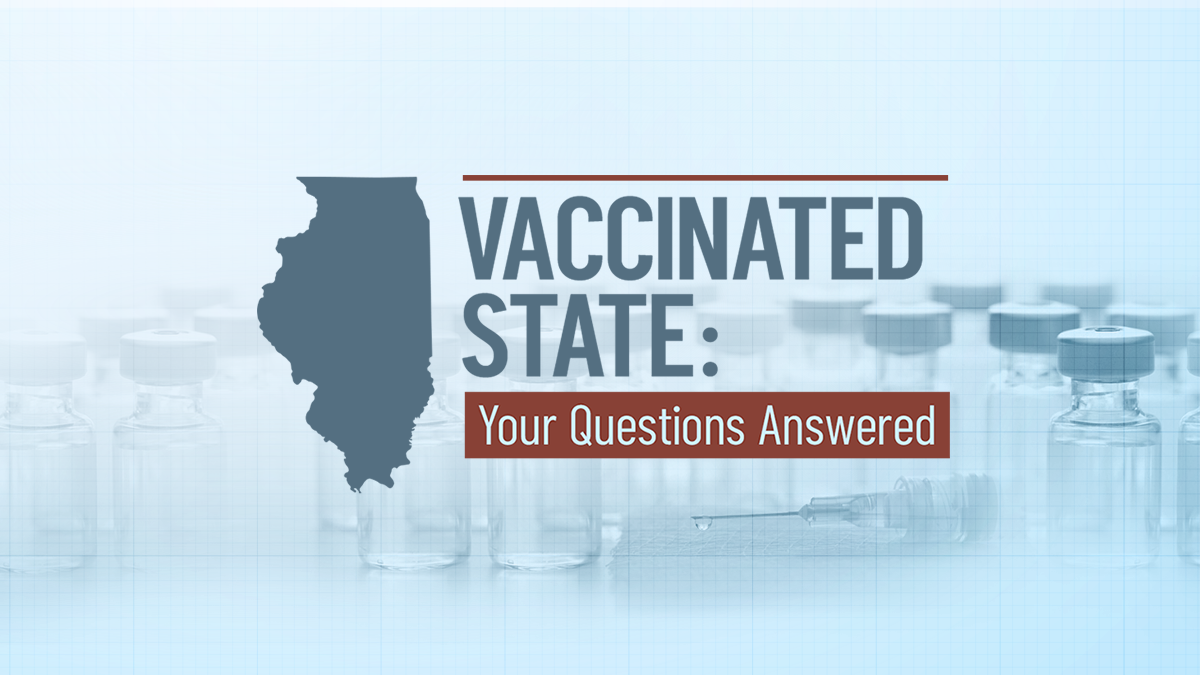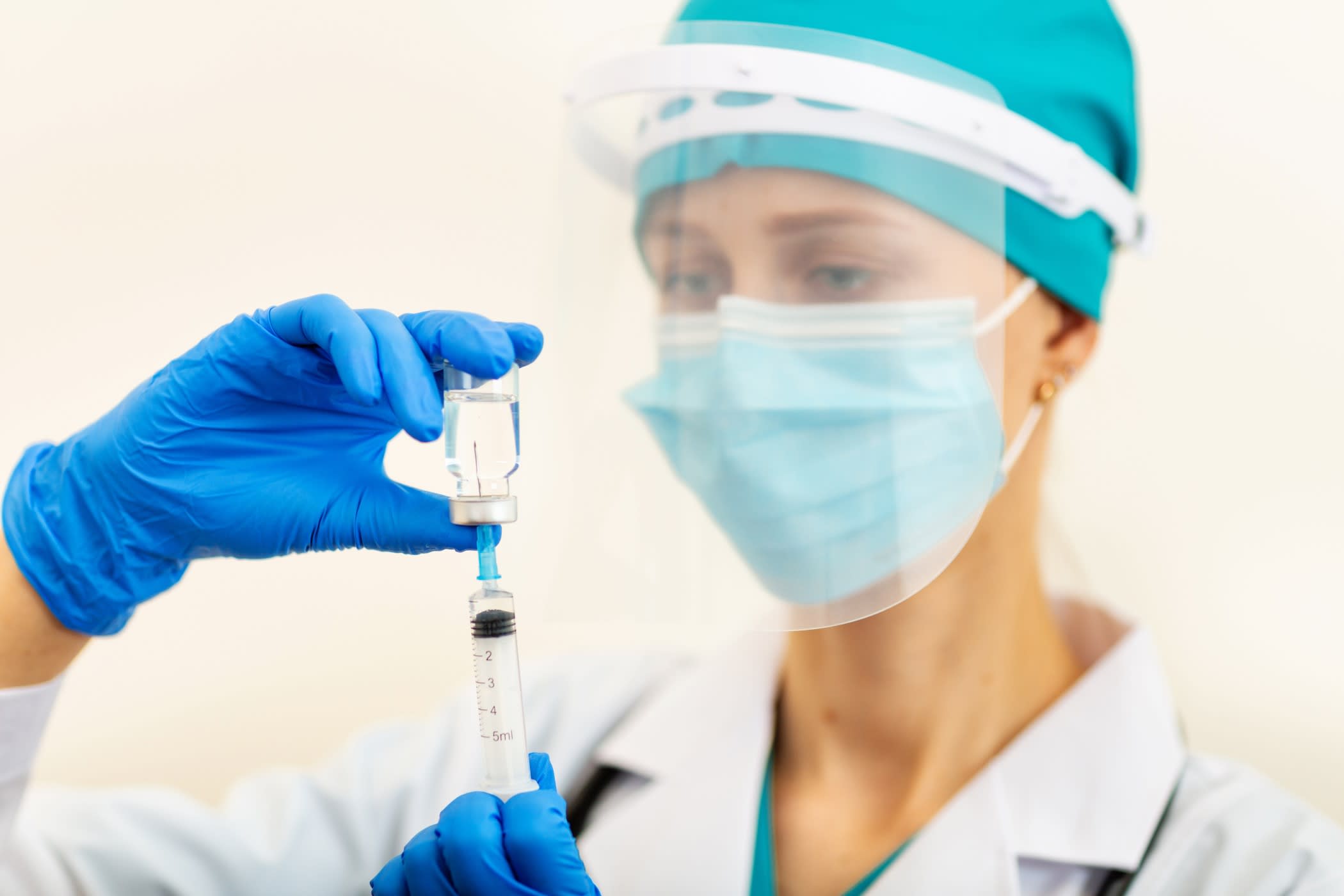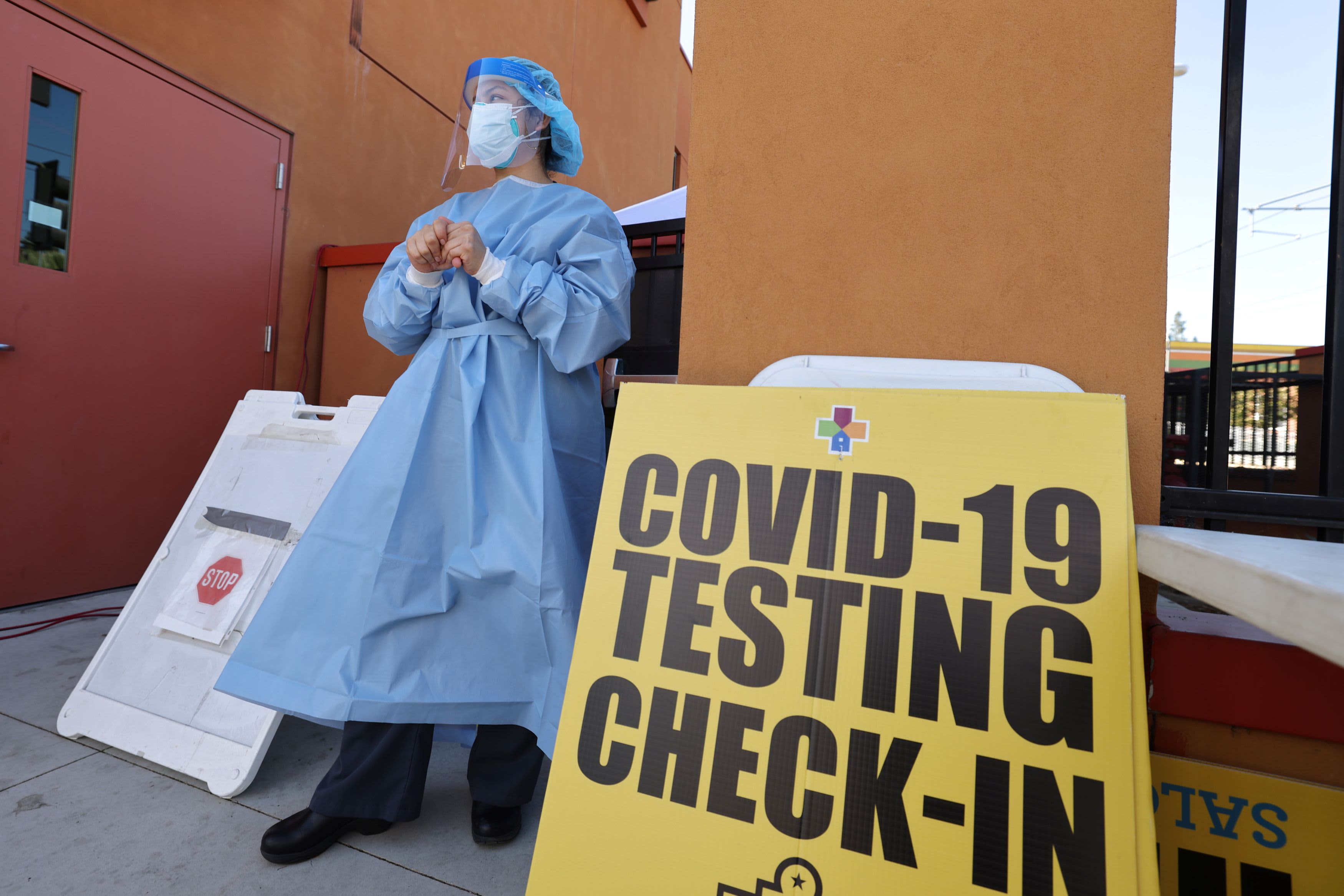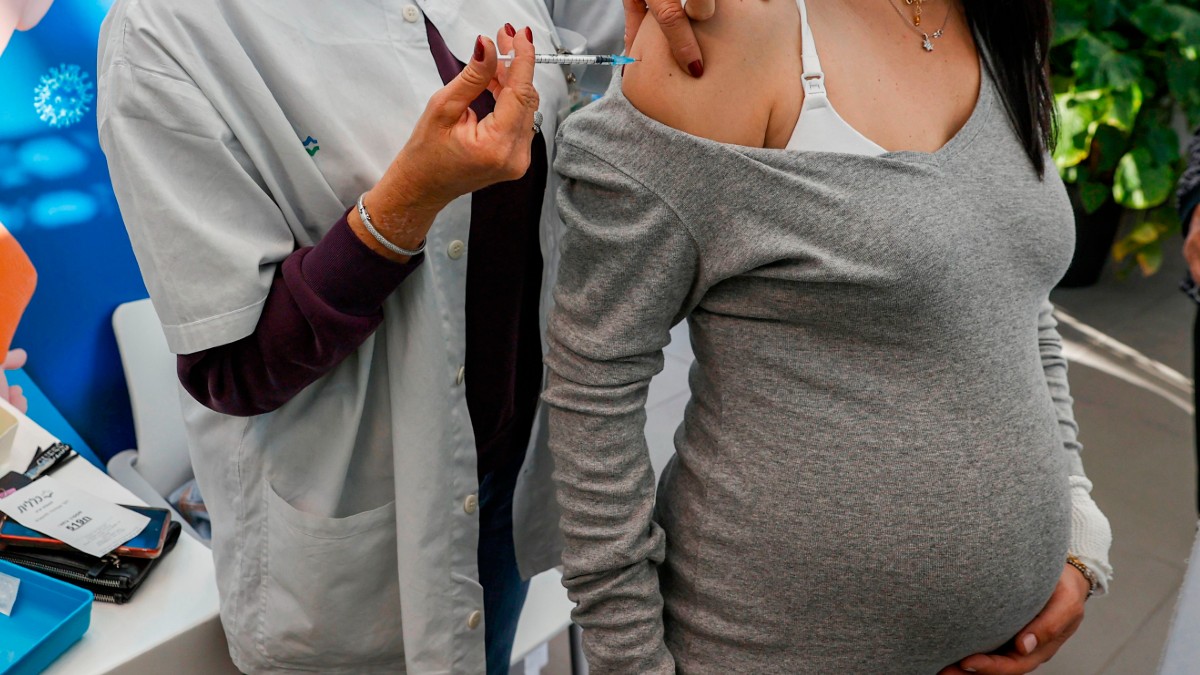Chicago's top doctor said she was "excited" to hear about the updated guidelines for vaccinated people released by the Centers for Disease Control and Prevention this week, but there are some things that still won't change.
The recommendations from federal health officials say fully-vaccinated Americans can gather with other vaccinated people indoors without wearing a mask or social distancing. They also say that vaccinated people can come together in the same way with people considered at low-risk for severe disease, such as in the case of vaccinated grandparents visiting healthy children and grandchildren.
Complete vaccination is said to be two weeks after a person receives their second dose of the vaccine.
"This is what we were really hoping for we'd been pushing, you know, lots of interest and making sure that the CDC would come out with this," Chicago Department of Public Health Commissioner Dr. Allison Arwady said Tuesday.
Feeling out of the loop? We'll catch you up on the Chicago news you need to know. Sign up for the weekly Chicago Catch-Up newsletter here.
Arwady said the guidance allows health officials to be more specific with what vaccinated residents can and cannot do going forward. But there are still some precautions that remain unchanged, she said.
"You know what hasn't changed though is that we definitely still need people wearing the mask, doing the social distancing, doing all this anytime you're in public," she said. "Anytime we're doing gatherings, even medium sized gatherings, you've got to keep doing this. These exceptions are for again, people gathering where everybody's been vaccinated or in a single household, but as our numbers keep getting better, stay down, we'll probably be able to even loosen up some more."
The guidance in part echoes advice from Illinois experts last month.
"To be honest with you, I think it's pretty safe for two completely vaccinated - that means two weeks after their second dose - completely vaccinated people to expand their friends circle to include other completely vaccinated people, and in a moderate way," Dr. Emily Landon, executive medical director of Infection Control and Prevention at University of Chicago Medicine, told NBC Chicago during our "Vaccinated Panel." "I think that's probably pretty reasonable. But I do think it's really important to, for the most part, continue wearing our masks."
Experts had express concerns about the risks associated with socializing after vaccination due to uncertainty over whether vaccinated individuals can still spread coronavirus and because of unknowns surrounding new variants emerging across the country.
"There are still a lot of cases and we're sort of looking at these new variants as being a potential threat on the horizon," Landon said. "And we know that the vaccines are going to protect people from getting very sick with them, but we don't know exactly whether or not people are going to be able to spread COVID to other people."
According to the CDC, the agency is closely monitoring emerging variants that "have mutations in the virus genome that alter the characteristics and cause the virus to act differently in ways that are significant to public health." The agency said the current variants "spread more easily and quickly than other variants."
The CDC notes, however, that "genetic mutations are expected, and some variants can spread and become predominant while others subside," but studies so far suggest that antibodies from the current coronavirus vaccines in the U.S. "recognize these variants."
According to the CDC, vaccinated people who are exposed to someone with a suspected or confirmed COVID-19 case do not need to quarantine if they meet the following criteria:
- Are fully vaccinated (i.e., ≥2 weeks following receipt of the second dose in a 2-dose series, or ≥2 weeks following receipt of one dose of a single-dose vaccine)
- Are within 3 months following receipt of the last dose in the series
- Have remained asymptomatic since the current COVID-19 exposure





